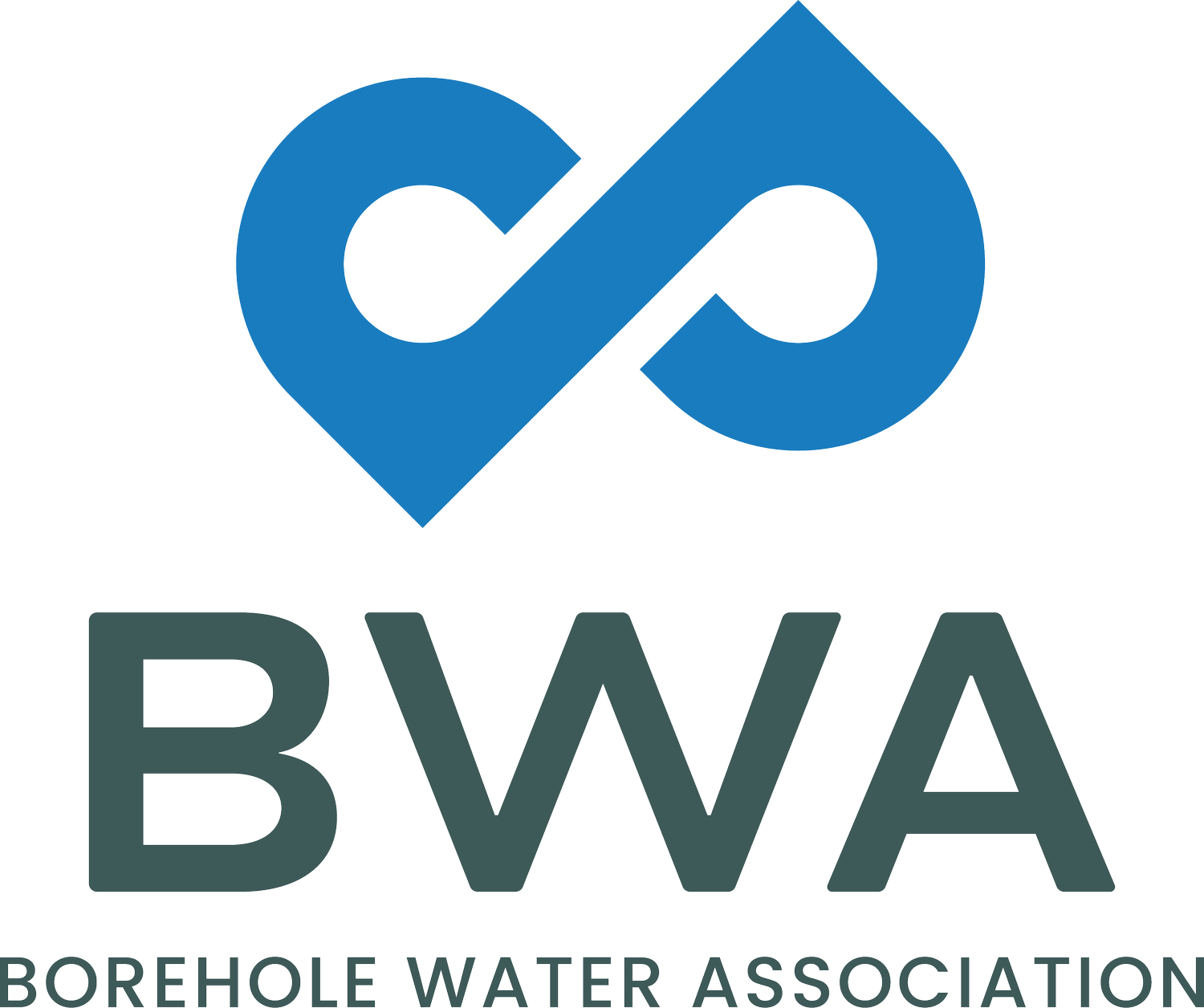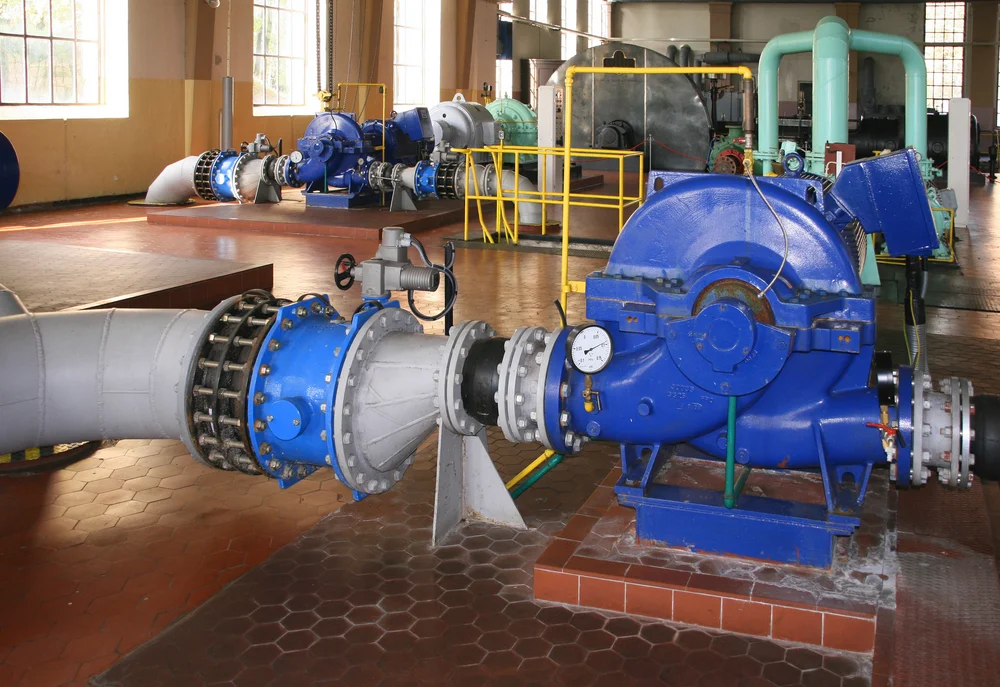University taps into JG Afrika’s expertise to ensure water security
/Experts from Stellenbosch University, well known for its “greening” sustainability initiatives, are working closely with JG Afrika, a leading firm of consulting engineers and environmental scientists, to help significantly reduce the water footprint of the campus.
The university receives its potable water from the Stellenbosch Local Municipality, located in the extremely water-stressed Western Cape.
Water saving interventions that are being implemented at the facility will, therefore, not only provide urgent relief to Stellenbosch, but will also serve as a blueprint for many other institutions and businesses exploring ways of conserving this important resource.
Chris Wise, a technical director at JG Afrika and team leader on this project, says a comprehensive demand-side management programme and water-sensitive urban design strategy was implemented at the university.
“There is a lot of innovation involved that relies extensively on academic research, while borrowing significantly from what is considered international best practice in the field of water management to develop unique recommendations,” says Wise.
“For example, the project references robust relevant demand-side management programmes that have been so successful in conserving drinking water in Melbourne, Australia.
We also researched and adopted suitable experience from Singapore, which views stormwater as an alternative water source, as opposed to an inconvenience. In so doing, the country adapts urban areas to capture, treat and reuse stormwater for ‘fit-for-purpose’ applications, rather than removing this resource from urban areas as quickly as possible.”
At the same time, state-of-the-art methods were deployed to create a water balance; accurately identifying where water is being used on campus and then quantifying the demand for the resource in specific applications as part of the first phase of the programme that started late last year.
Many of these approaches have been documented in an academic paper that is being prepared collaboratively by the University of Stellenbosch and JG Afrika, and authored by Professor Heinz Jacobs, Bettina Botha and Benjamin Biggs. These include the installation of temperature sensors in a few of the facilities to measure shower durations and water warm-up time in two of the residences.
Analysis revealed that bathing and showering accounts for 25% of the total campus water use and 40% of residence use, and that significant savings could be achieved by installing water-saving showerheads.
“Our preliminary studies have indicated extremely promising results from this single action. The university will be monitoring it closely to quantify the exact savings that it will contribute to the demand-side management programme, and expect them to be substantial,” Wise says.
JG Afrika is now undertaking the water-sensitive urban design aspect of the project to accurately identify and quantify opportunities to capture and use, or recycle as much of the water resource on campus.
Wise says that the objective is to try and “retain as much water on site for reuse”, and that there are many available options that are currently being investigated, including harnessing the facility’s stormwater runoff.
Large volumes of recycled water from other applications, such as shower water and laundry, may even be used for irrigation purposes, substituting water from an irrigation dam on site.
Wise is pleased with the progress made thus far and notes that the successes of the project can also be attributed to the hands-on approach adopted by the client.
“The Stellenbosch University management has been extremely receptive to our efforts, which mirrors its impressive focus on sustainability over the years.”
“For example, the new showerheads were installed at various facilities within two weeks of us presenting our findings and motivating our solutions to the university during the very early phases of the project,” says Wise.
This client involvement played an essential role in the successful outcome of an extremely complex project, complementing JG Afrika’s own extensive experience in sustainable engineering and business “greening”.
One of the firm’s milestone projects includes the award-winning Bayside Mall project, where a rainwater harvesting system has reduced the property’s toilet water demand by more than 85%.
Based on this, and its other business greening and sustainability projects, JG Afrika is now in high demand for its capabilities, especially water management.
“The drought has highlighted the importance of saving water,” says Wise.
“But even more so, while there is a strong financial motivation to pursue sustainable initiatives, companies have also realised that it is ‘the right thing to do’ – a moral mind shift, so to speak,” he concludes.
This outlook is in line with JG Afrika’s own business ethos, which it has again demonstrated by implementing the demand reduction recommendations made to the University of Stellenbosch at its branch offices in Cape Town.
The project has been a resounding success with JG Afrika having recorded as much as a 42% reduction from 2016 values and 65% from 2013 values, prior to the installation of waterless urinals and improved irrigation management practices at the premises!
JG Afrika achieves Level 1 B-BBEE and affirms commitment to transformation
JG Afrika has achieved a Level 1 Broad-Based Black Economic Empowerment (B-BBEE) rating, reaffirming it as one of the leading engineering and environmental consultancy’s commitment to transformation in South Africa.
Managing director Paul Olivier says that “while transformation ensures companies remain competitive in the current procurement environment when bidding for public-sector projects, this is not the primary reason for the constant change under way at the firm”.
“Reputable industry participants understand that transformation is essential to address the imbalances of the past, and this will always be the primary driver behind our transformation strategy. Moreover, real change in the industry will ensure the sustainability of the firm and the professions by developing the next generation of engineers and environmental scientists,” Olivier says.
JG Afrika’s commitment to inclusive economic growth is also demonstrated by its 51% empowerment shareholding.
Currently celebrating its 95th year, this wholly-owned South African company has built a strong reputation for offering the continent quality and sustainable engineering and environmental consulting services.
The firm continues to progress and evolve, keeping pace with fluctuations in demand, the industry and customer requirements.
Olivier concludes that JG Afrika is proud to be part of the meaningful change that the engineering profession continues to undergo.
For further information visit JG Afrika's website or contact Charmagne Denny, Marketing & Communications Manager, dennyc@jgafrika.com






